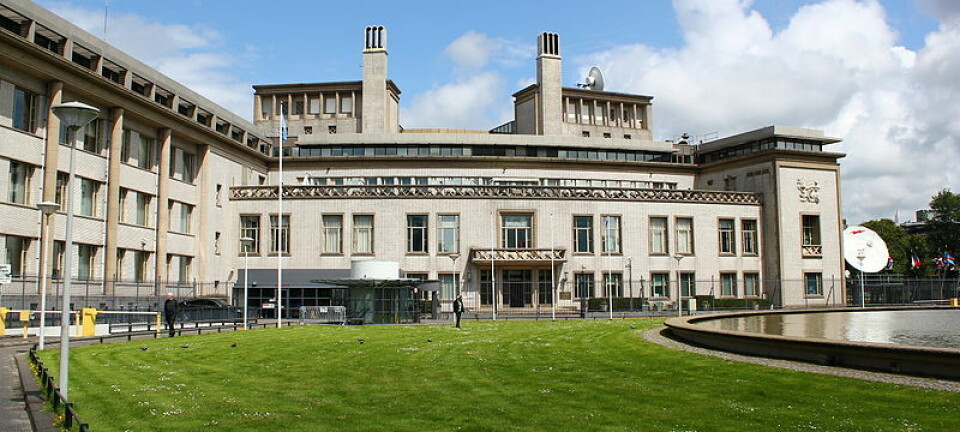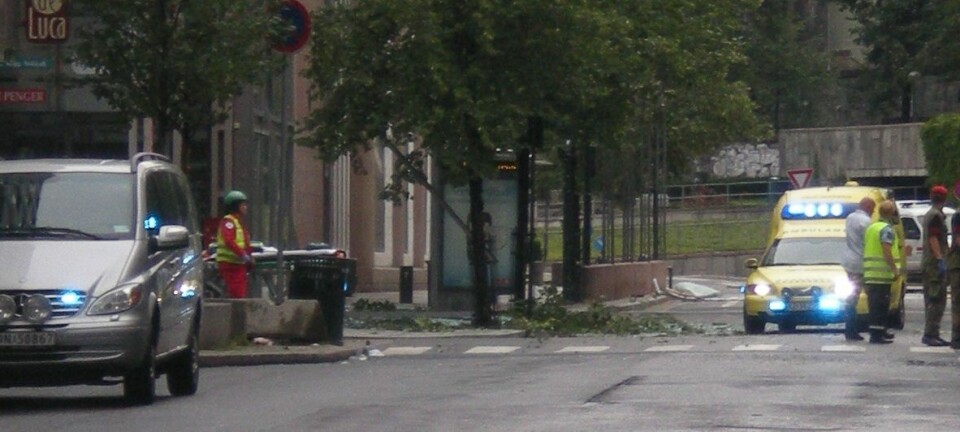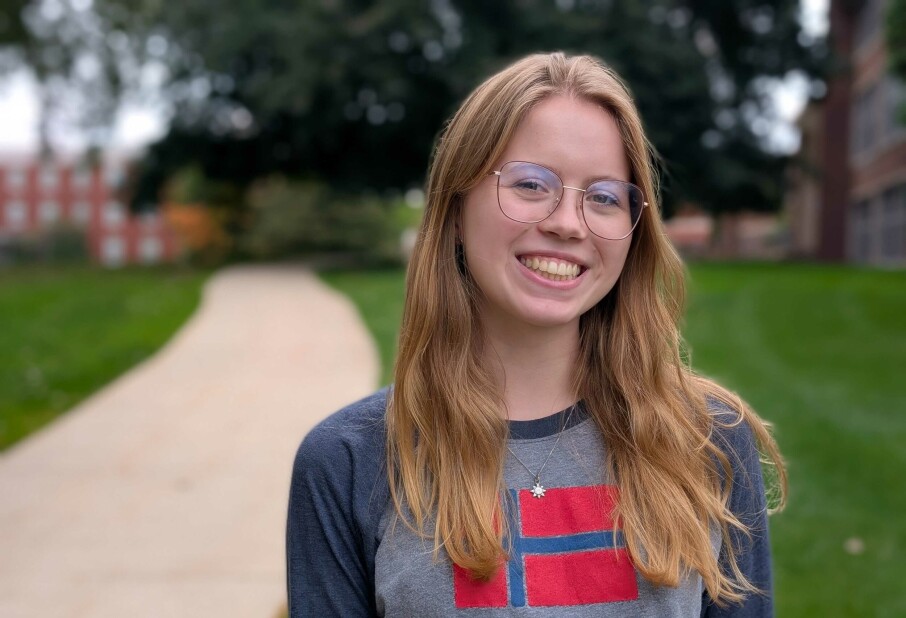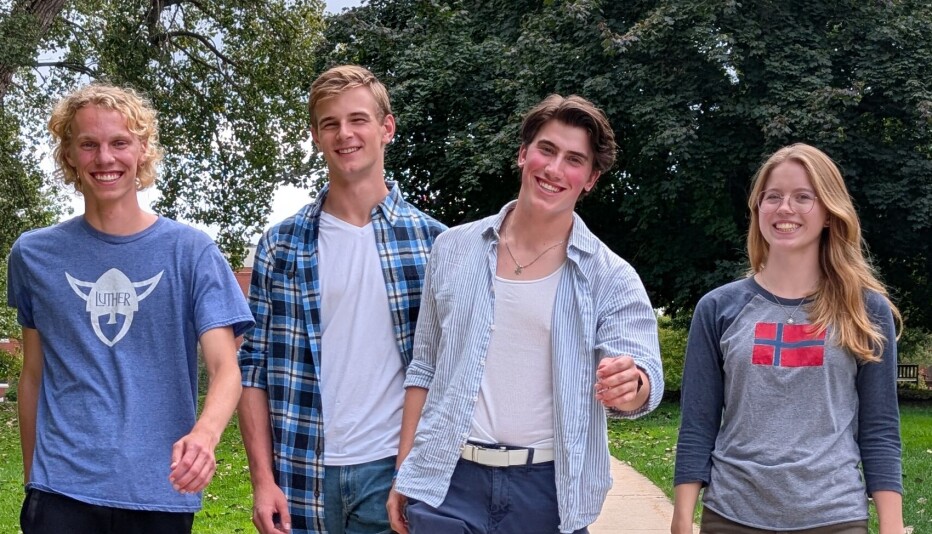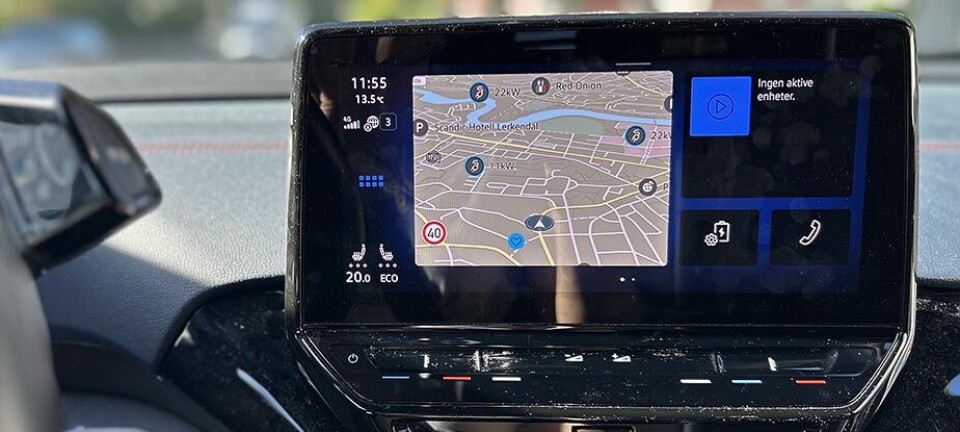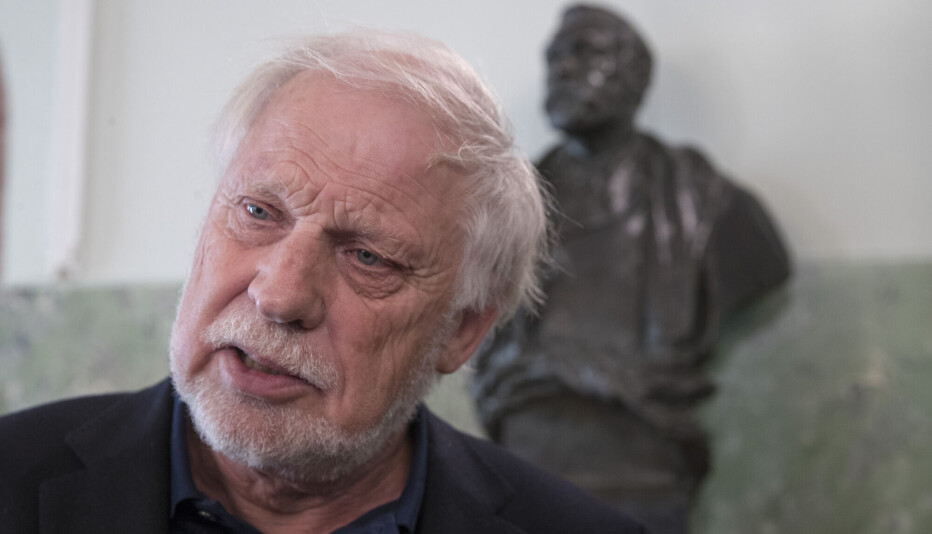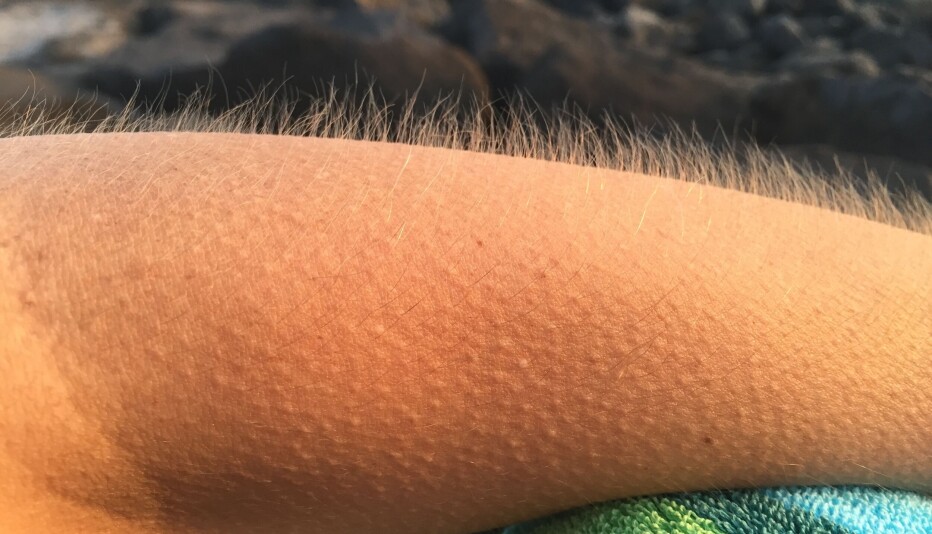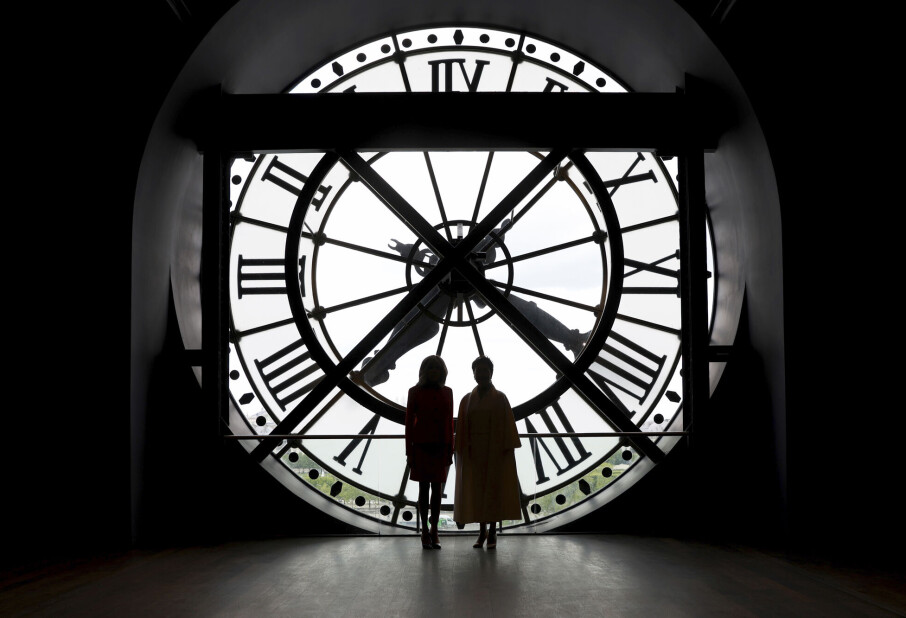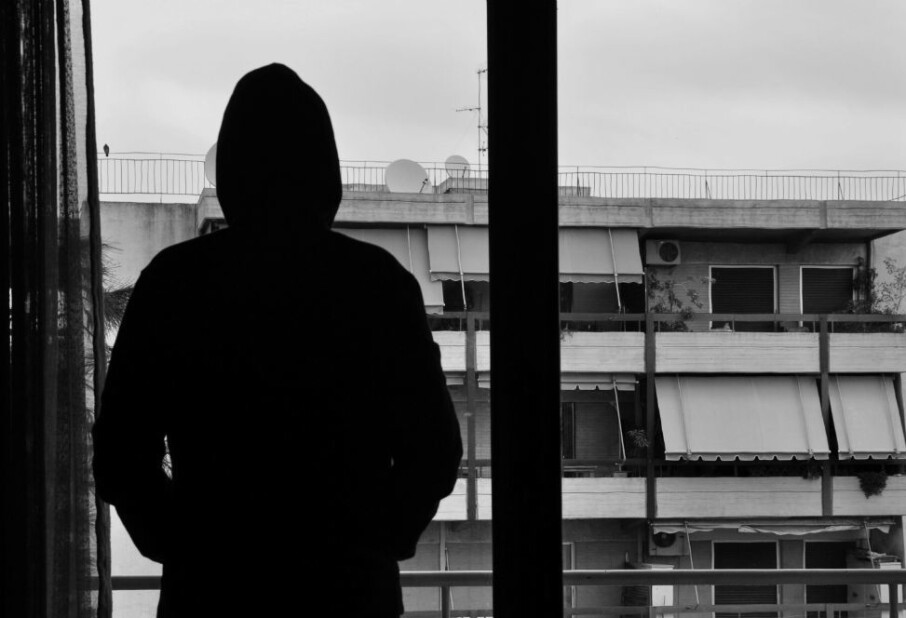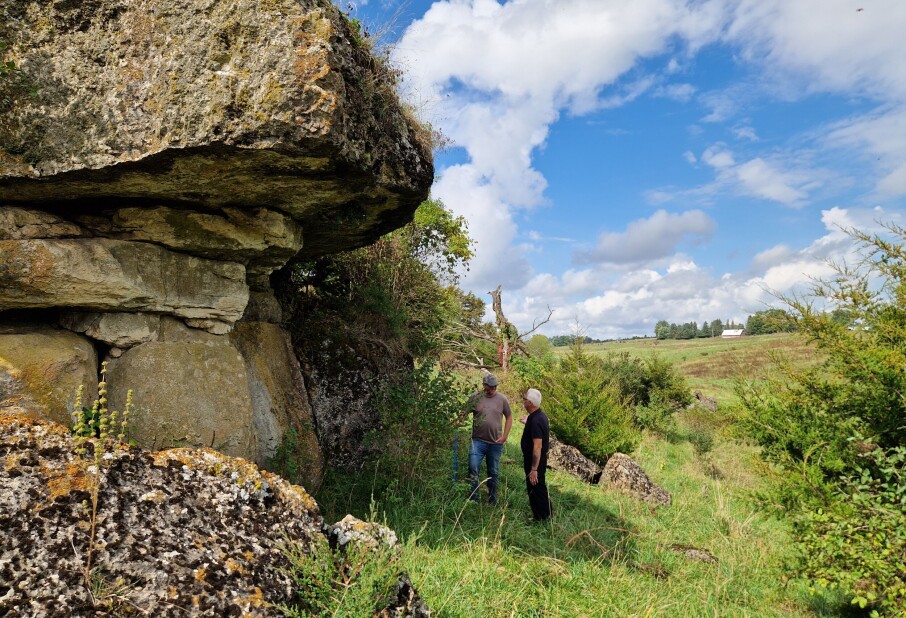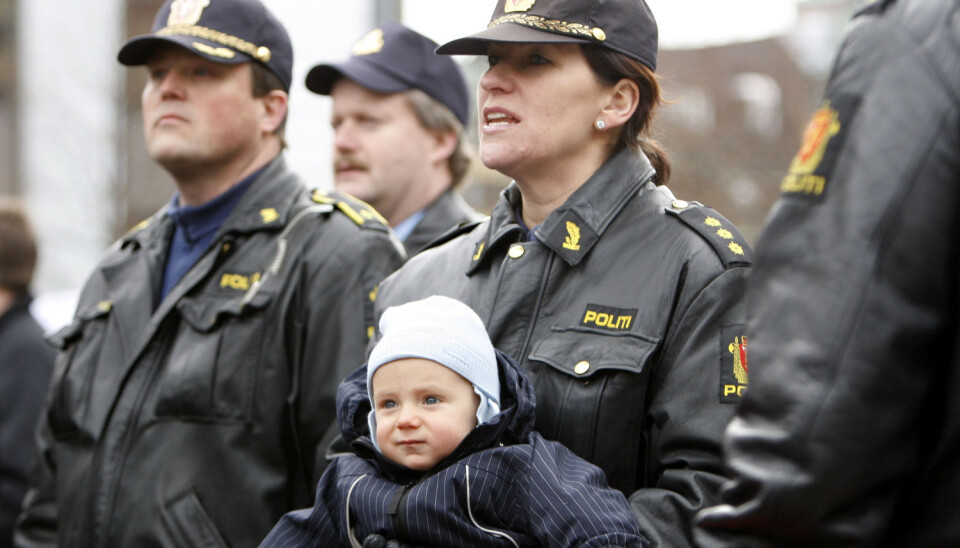
Everyone needs to help keep society safe
We expect police to take the lead in keeping streets safe. But a new book says parents, teachers, social workers and others should play a much bigger role in preventing crime.
Denne artikkelen er over ti år gammel og kan inneholde utdatert informasjon.
The Nordic countries invest more resources in preventing crime than many other countries, says Professor Tore Bjørgo, of the Norwegian Police University College. While police forces are at the forefront in working to keep streets safe, Bjørgo says we all need to play a part in keeping people from becoming criminals.
Bjørgo has written a new book based on his and others’ research that describes nine measures we can all use to prevent crime. He hopes the book will become part of the curriculum at the university college where he teaches, but says it is also relevant to other university courses of study.
Motorcycle gangs to terrorist acts
Bjørgo says his nine preventive measures are best suited to prevent five different forms of crime: house break-ins, crimes committed by youth gangs, driving under the influence, organized crime that grows out of motorcycle gangs and terrorist acts.
The nine measures are:
- Building moral barriers against crime
- Reducing recruitment to criminal groups
- Deterring criminals with the threat of punishment
- Detecting and stopping crimes before they happen
- Neutralizing the ability of offenders to commit crimes
- Protecting vulnerable targets
- Reducing the harmful effect of crimes
- Reducing the material gains from criminal acts
- Helping people who have broken the law to return to a normal life
Drinking, driving, losing your license
“Moral barriers are what prevent most crimes. Everyone has the chance to prevent criminal acts by showing that these acts are morally unacceptable,” Bjørgo says.
Attitudes towards right and wrong are shaped mostly during adolescence, but they can also be affected by changing the law.
When the blood alcohol limit in Norway was lowered from 0.5 to 0.2 per thousand, it was no longer socially acceptable to drink a beer before getting behind the wheel, Bjørgo said.
“But not everyone has equally strong moral barriers,” he added. “Some people have few or no scruples about breaking the law or hurting others. That’s when we need to use other measures to prevent crime.”
For example, Norway’s strict drunken driving laws offer an effective preventative mechanism, because you can easily lose your license if you are caught driving drunk. That can be a very effective deterrence for some.
Family members may have to intervene with individuals who are not deterred by the fear of losing their license. Another alternative is an alcolock, which keeps drunk drivers from starting their cars. And people who chronically drink and drive often have a substance abuse problem that must be treated, Bjørgo says.
“These are examples of different measures that can result in deterrence, prevention and rehabilitation,” Bjørgo said.
Keeping crime from being profitable
Another example of an initiative that has worked preventively is stricter security at airports, which has reduced the number of hijackings drastically.
Measures to eliminate the economic benefits from robbery and burglary are also effective. For example, as more and more banks have used dye packs to stain stolen banknotes, fewer banks are being robbed.
In Norway, police are working closely with a countrywide online classified advertisement site called Finn.no to prevent criminals from making money from stolen goods. A former police detective checks ads posted on Finn.no to see if the ads are actually attempting to sell stolen property.
Preventing terrorism
Bjørgo says parents, teachers and religious leaders can help to prevent the radicalization of youth by building moral barriers.
“Youth workers, police and others can help to prevent teens and young adults from being recruited to militant groups. Police and security services have discovered and prevented many planned terrorist acts. And several potential foreign fighters have been deprived of their passports at the airport on their way to Syria,” says Bjørgo.
“Here we can also urge the public to give us tips about suspicious behaviour,” he says.
Unintended effects
But many of the measures that can avert criminal acts may be costly and have unintended consequences, Bjørgo acknowledges in his book.
Security checks take time and cost a lot. Surveillance, interception, infiltration and other “secret” methods are controversial and can easily lead to a “big brother is watching you” society.
And arresting people before they have actually done something criminal may stigmatize and frame the innocent.
Criminologist Heidi Mork Lomell, who heads the Department of Criminology and Sociology of Law at the University of Oslo, worries about this last problem.
“Intervening against individuals before they have actually done anything criminal may lead to more innocent people being arrested. The principle that it is better that ten guilty people go free than one innocent person be convicted may be in danger,” she said.
---------------------------------------
Read the Norwegian version of this article at forskning.no








